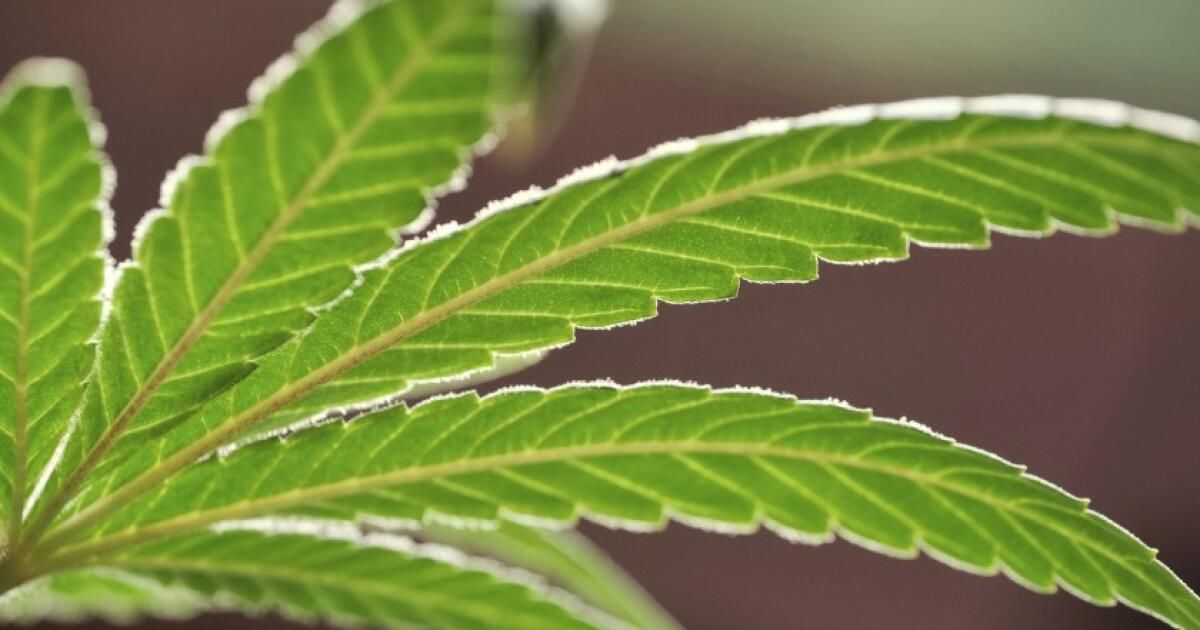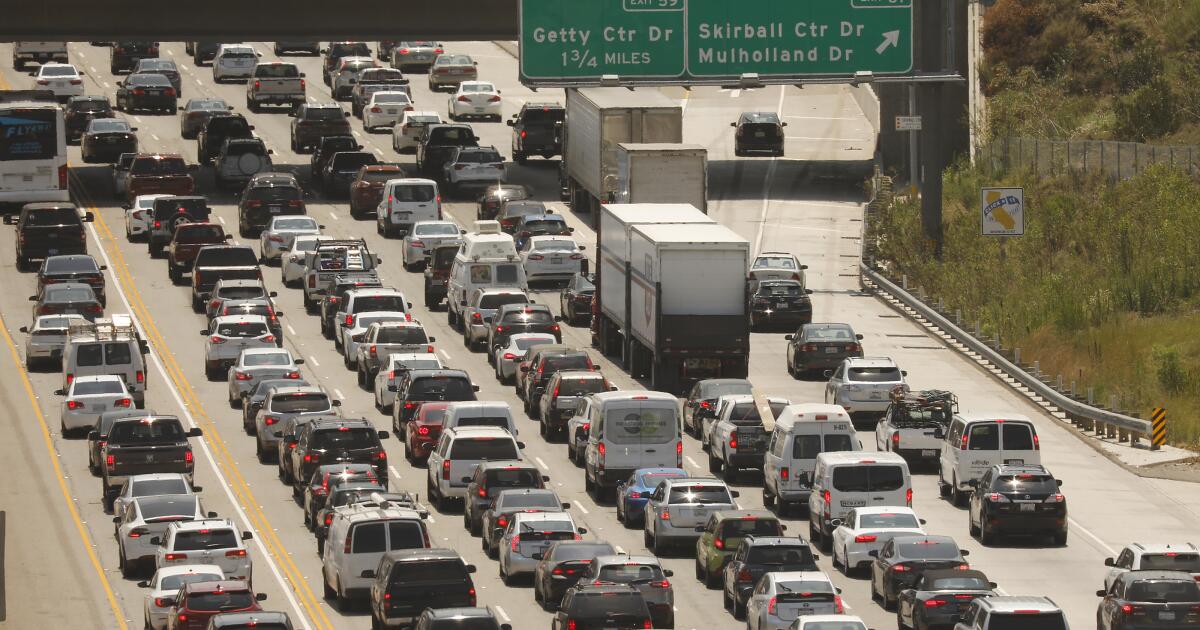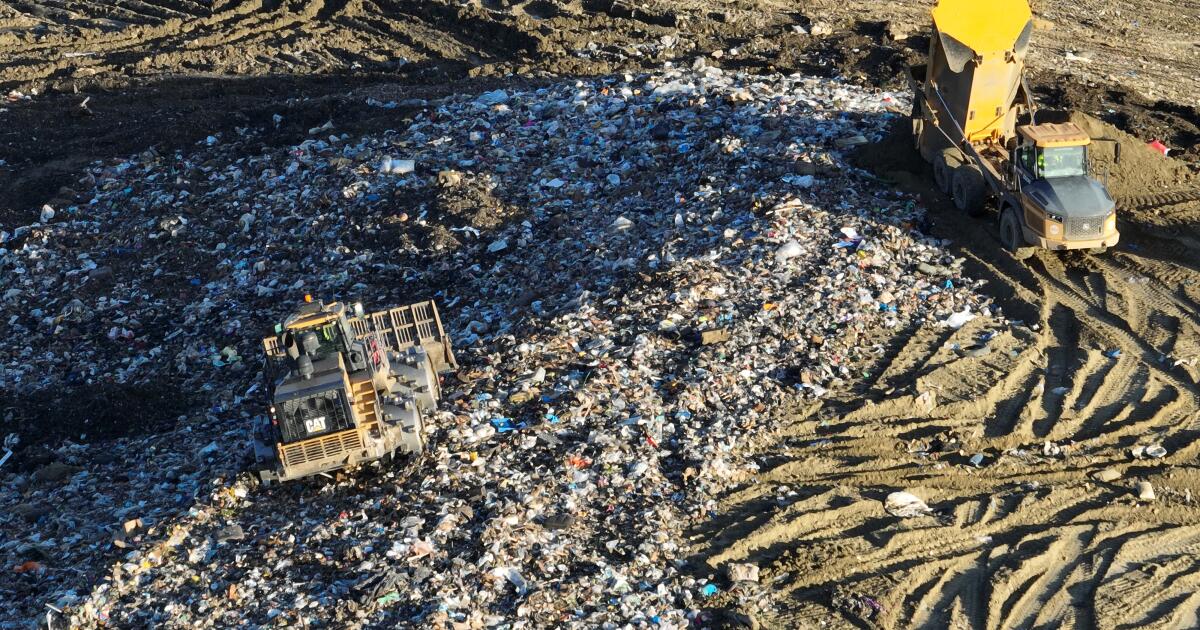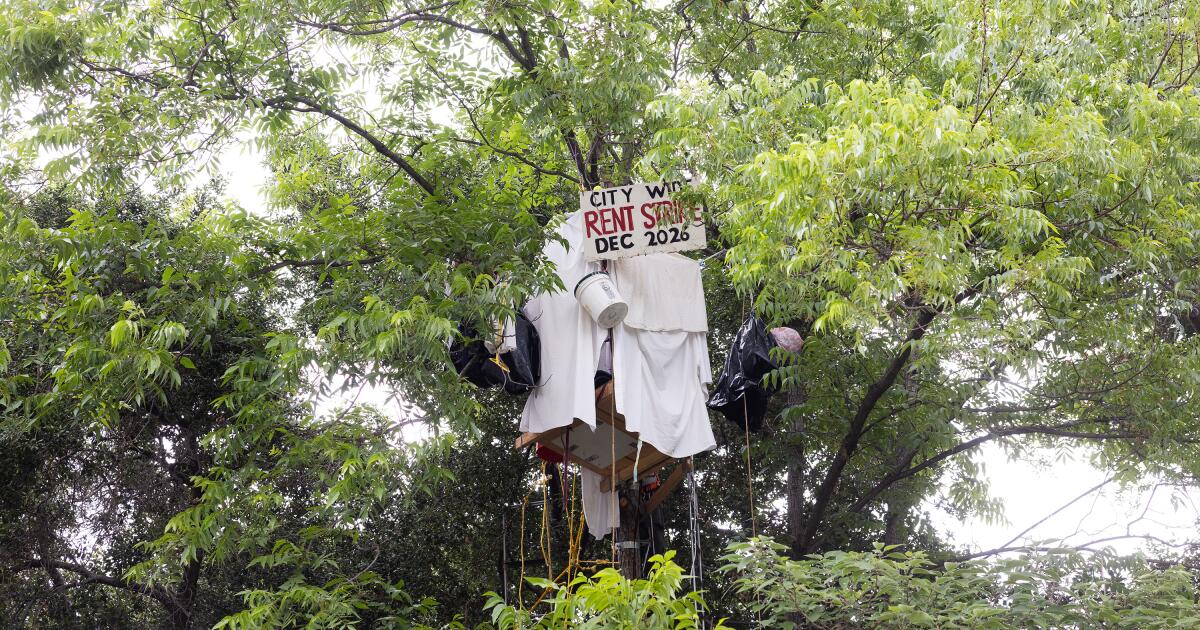Tuesday's news that the Justice Department plans to reclassify marijuana as a less dangerous drug is very welcome. But very, very late to arrive.
President Biden promised during the 2020 presidential campaign that he would decriminalize cannabis. Moving the substance from Schedule I, for the most dangerous and abused drugs, to Schedule III, as the Justice Department proposes, would not go that far, but it would be a significant step in the right direction.
It's still too little. Americans have scoffed at marijuana bans for decades, recognizing the racial and class intolerance inherent in attacking the plant, and the terrifying nonsense spread by government-sponsored “experts” about its supposedly demonic consequences (“Reefer!” Madness”!), including, apparently, rape. , kidnapping and murder. Two dozen states have already legalized recreational cannabis use, including California. If purported medicinal use is included, cannabis can be legally produced, purchased, sold, possessed and consumed by adults in three-quarters of US states.
But the federal law is woefully behind schedule, technically subjecting users to criminal prosecution and jail time, and preventing producers and sellers from fully participating in the federally regulated banking system. Reclassifying cannabis, as the Department of Health and Human Services recommended months ago, will not eliminate its criminal status, but it could pave the way for Congress to act.
In any free society, respect for the law and the justice system is essential, and is undermined by outdated prohibitions and punishments that seem random and unfounded to a large portion of citizens.
To be clear, cannabis use is not without health risks and should be available only to adults prepared to deal with them. But for too long, the biggest risks have been arrest, prosecution and incarceration. The arrests and convictions left many without the right to receive higher education or professional licenses. Prosecutions and punishments disproportionately targeted people of color. This unnecessarily kept too many people on the margins of society, unable to participate or contribute fully.
It's time to erase those consequences.
Late last year, Biden pardoned people convicted of using marijuana on federal lands. That small step was simply a down payment on his decriminalization promise. So is the most recent action by the Department of Justice. The federal government should pick up the pace.











